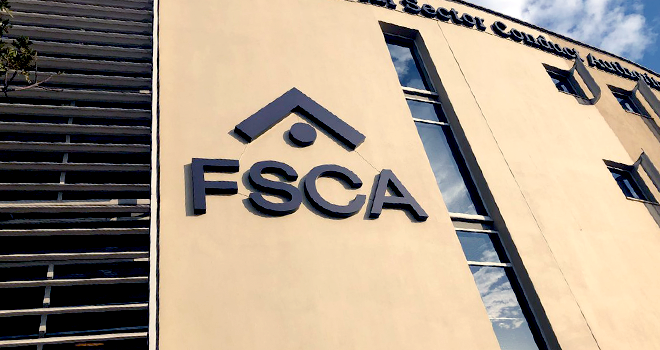The recently published FSCA Second Quarter Bulletin 2018/2019 provides feedback on the FSCA’s regulatory update session at the recent Institute of Retirement Fund Association Conference.
The directive is based on the general principle that a board member, principal officer, employee of a retirement fund, auditor, valuator, administrator, employee of an administrator, or service provider to a retirement fund should not be involved in any conduct constituting corruption or corrupt activities. Any such involvement will have a bearing on such persons’ fitness and propriety to hold office and/or to provide a service. The conditions in the directive were prescribed in order to aid in the combatting and prevention of corruption and corrupt activities.
According to Olano Makhubela, Divisional Executive for Retirement Funds at FSCA, the aim of the directive is to prescribe conditions to combat and prevent potential corrupt activities. He also noted that gifts could be seen as attempted bribes. “Such excessive influence and conduct could impair trustees’ ability to objectively assess service providers and the true value they offer to retirement funds,” he says.
Specific types of gratification that are not permitted are:
| · | Any gratification, which, objectively viewed, creates a conflict of interest with their fiduciary duty towards the fund; |
| · | Token gift/s that exceed/s the annual limit set by the board in terms of the fund’s gift policy, which annual limit shall not be more than R500 per annum in aggregate from any one service provider; |
| · | Any gratification relating to local or international due diligence including, but not limited to, subsistence, travel or accommodation; |
| · | Any gratification relating to local or international entertainment or sporting events including, but not limited to, subsistence, travel or accommodation; or |
| · | Conferencing costs or board of fund expenses. |
Click here to read the FSCA Guidance Note on Directive 8




